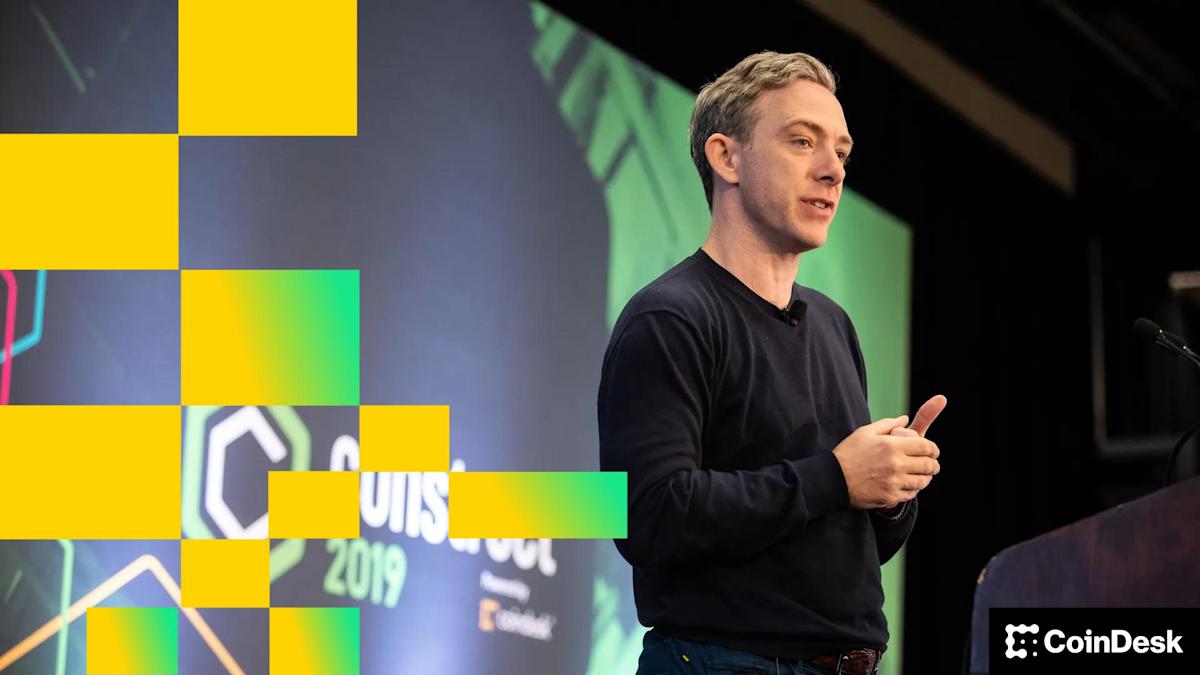Internet Computer Bets Big on AI as Crypto Markets Play Catch-Up
The Internet Computer (ICP), a blockchain project that has sought to differentiate itself from rivals, is doubling down on its pitch as the go-to network for on-chain artificial intelligence (AI).
This could be the beginning of a new tech stack – one in which AI, not humans, becomes the primary developer of applications, according to Dominic Williams, founder of Internet Computer developer Dfinity.
Invest in Gold
Williams argued that while crypto prices remain driven largely by market mechanics – treasury operations, liquidity games and speculation – the underlying technology will eventually force a reckoning in an interview with CoinDesk.
“In the long run, markets begin to reflect realities on the ground,” he said. “But as yet you’re not seeing what’s happening with Internet Computer reflected in ICP’s price.”
The Internet Computer first demonstrated neural networks running as smart contracts in April last year, starting with image classification and later facial recognition, Williams said.
While those were relatively simple models compared to large language models – the kind that power AI tools like ChatGPT and Gemini – they were proof of concept: that AI can run natively on a blockchain. No other network has achieved this, Williams pointed out, despite the chatter about “decentralized AI.”
Where others rely on off-chain infrastructure like Amazon Web Services, ICP seeks to integrate the full AI development and execution stack on-chain. Williams describes this as “a self-writing internet” – a system where users describe what they want, and an AI delivers it as a working application, hosted directly on Internet Computer.
The bigger idea, Williams said, is that AI itself will replace much of today’s developer workflow. Instead of humans writing code, configuring databases and maintaining servers, an AI could spin up applications instantly, update them continuously and ensure resilience through blockchain-based guarantees.
This reframes the blockchain not just as a settlement layer for tokens, but as the optimal environment for AI-generated applications. ICP’s design, with features like “reverse gas” – the model where developers pay for the computational costs of their applications, rather than requiring end users to pay a transaction fee – removes the need for firewalls or database migrations that plague traditional infrastructure.
“AI is developing these apps hundreds of times faster than humans could,” Williams said. “And because there are no system admins standing by, you need the guardrails only blockchain can provide.”


